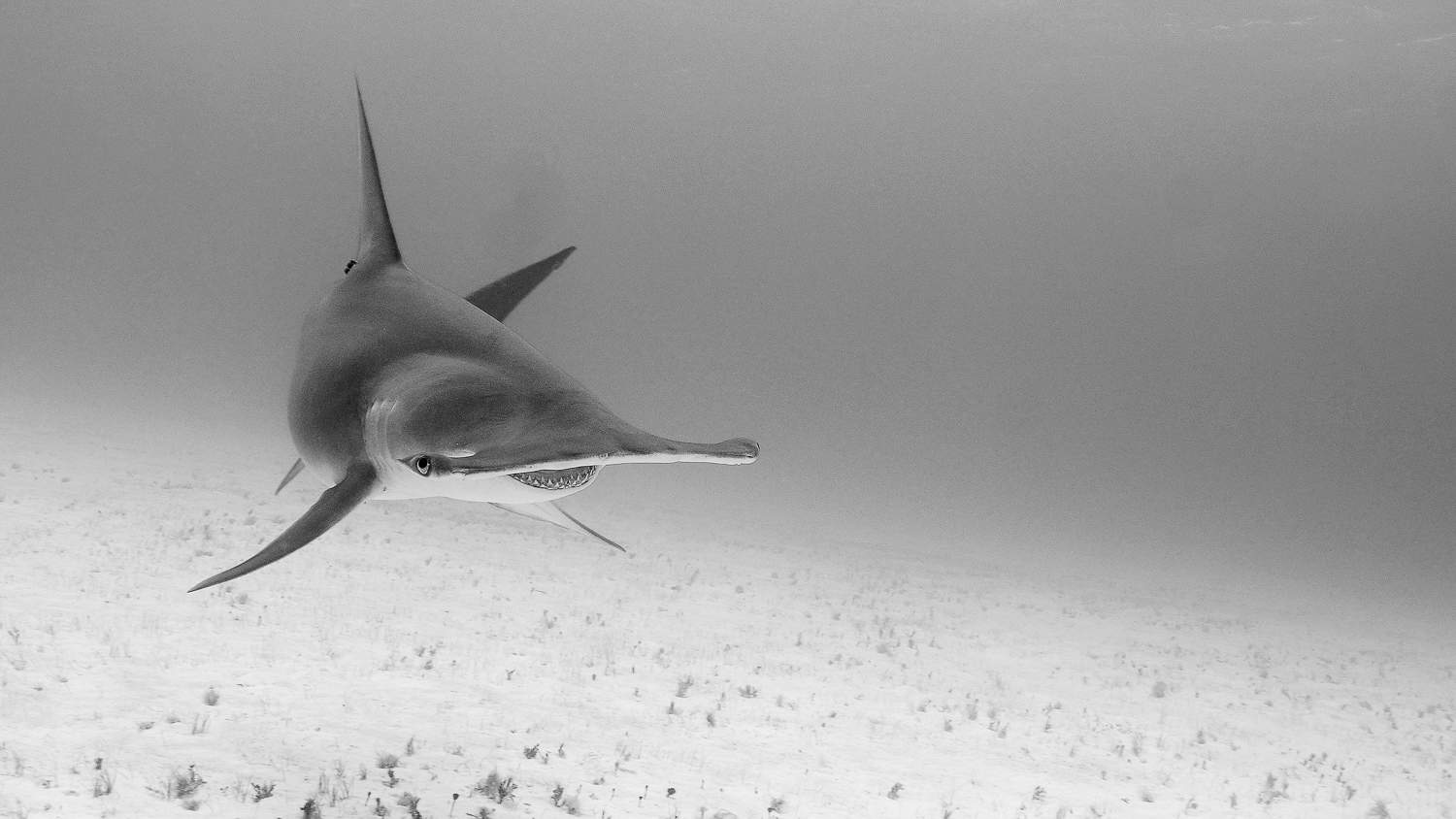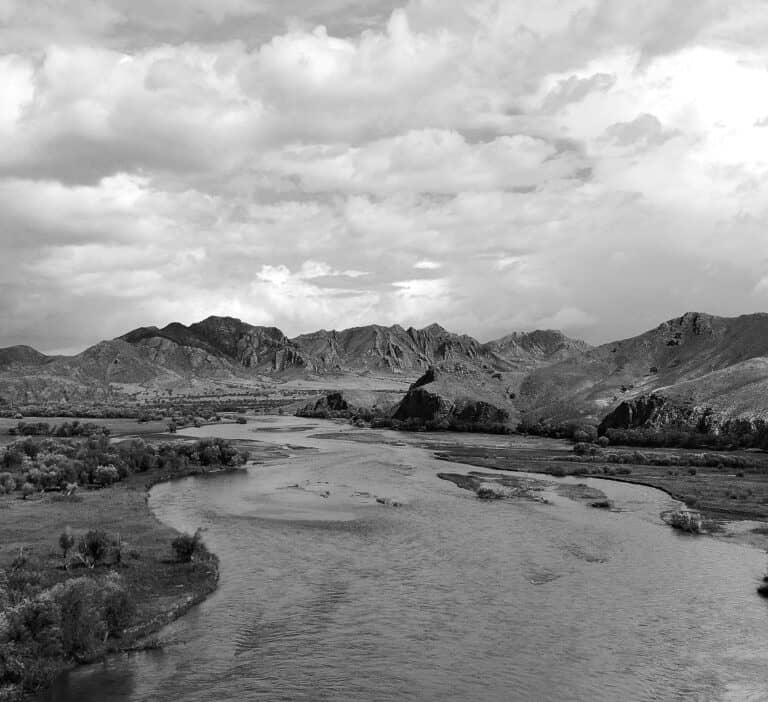For many species of sharks around the world, the future is bleak, with the global abundance of sharks declining by over 71% in the last 50 years.
My story begins in Cornwall. Every year throughout my childhood, when the days lengthened and the temperatures became moderately more pleasant, I would find myself wading through the tidal caves of Cornwall, clambering over the pitch-black outcrops and rummaging through the seaweed-lined rock pools. Woven between the quaint rows of pastel-coloured seaside cottages, cobbled streets carried a hustle of people from pubs to pasty shops, all inevitably twisting their way back to the same beating heart: the harbour.
Every year throughout my childhood, when the days lengthened and the temperatures became moderately more pleasant, I would find myself wading through the tidal caves of Cornwall, clambering over the pitch-black outcrops and rummaging through the seaweed-lined rock pools. Woven between the quaint rows of pastel-coloured seaside cottages, cobbled streets carried a hustle of people from pubs to pasty shops, all inevitably twisting their way back to the same beating heart: the harbour.
Packed between the resilient sea walls were the powerful aromas of freshly raised crab pots and the sounds of bustling tourists, crooning herring gulls and rolling waves. As the tide retreated, it left colorful, rickety wooden boats scattered on the golden sand. Each vessel had its own story to tell. The casual observer would be oblivious of the rich game fishing history once heralded here. While the public displays of 100-plus-pound sharks may be an age gone by, they still traverse and hunt these waters.
For...




